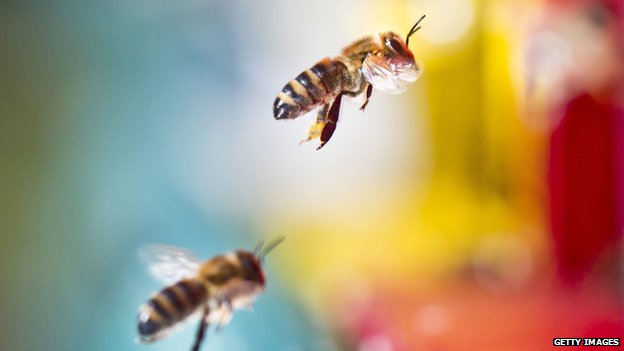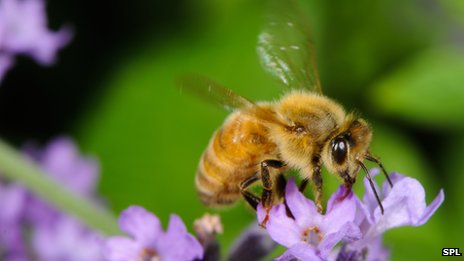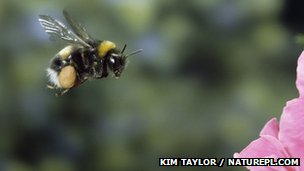NuclearWinter
Rookie
- Apr 13, 2006
- 1,878
- 25
- 0
- Banned
- #1
LOST BEES A MYSTERY TO SCIENTISTS
Washington
April 25, 2007
MORE than a quarter of America's 2.4 million bee colonies have been lost - tens of billions of bees, according to an estimate from the Apiary Inspectors of America, a national group that tracks beekeeping. So far, no one can say what is causing the bees to become disoriented and fail to return to their hives.
A number of theories have been posed, and many seem to researchers to be more science fiction than science: people have blamed genetically modified crops, cellular phone towers and high-voltage transmission lines.
Diana Cox-Foster, an entomologist at Pennsylvania State University, and Jeffrey Pettis, an entomologist from the US Department of Agriculture, are leading a team of researchers trying to find an explanation for "colony collapse disorder", the name given to the disappearing bee syndrome.
The scientists have been focusing on the most likely suspects: a virus, a fungus or a pesticide. Researchers have collected samples in several states and have begun doing bee autopsies and genetic analysis.
They have also been testing pesticides. The group of compounds they believe is most suspect is the neonicotinoids, commonly used to treat corn and other seeds against pests.
http://www.theage.com.au/news/world...180648274.html#
Washington
April 25, 2007
MORE than a quarter of America's 2.4 million bee colonies have been lost - tens of billions of bees, according to an estimate from the Apiary Inspectors of America, a national group that tracks beekeeping. So far, no one can say what is causing the bees to become disoriented and fail to return to their hives.
A number of theories have been posed, and many seem to researchers to be more science fiction than science: people have blamed genetically modified crops, cellular phone towers and high-voltage transmission lines.
Diana Cox-Foster, an entomologist at Pennsylvania State University, and Jeffrey Pettis, an entomologist from the US Department of Agriculture, are leading a team of researchers trying to find an explanation for "colony collapse disorder", the name given to the disappearing bee syndrome.
The scientists have been focusing on the most likely suspects: a virus, a fungus or a pesticide. Researchers have collected samples in several states and have begun doing bee autopsies and genetic analysis.
They have also been testing pesticides. The group of compounds they believe is most suspect is the neonicotinoids, commonly used to treat corn and other seeds against pests.
http://www.theage.com.au/news/world...180648274.html#



